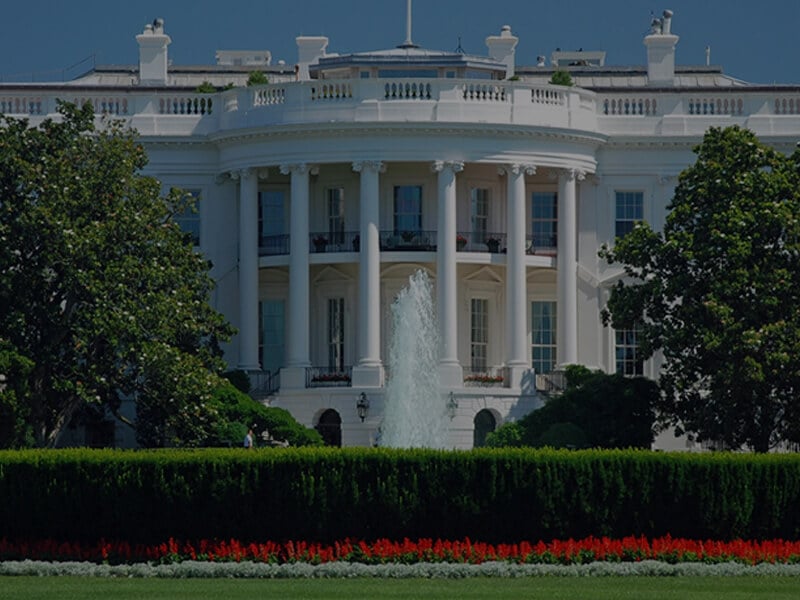BAA Compliance was established by President Herbert Hoover in 1933 when he ratified the Buy American Act. The Buy American Act (BAA), the FTA (Federal Transit Authority) Buy America Act, and the Trade Agreements Act of 1979 are three major laws in our industry that promote domestic preferences for U.S. Federal Government and many State Government purchases. Throughout this blog, we’ll explore various aspects of the Buy American Act further in-depth.
What Is BAA Compliance?
BAA Compliance applies to procurements; it requires the government give a preference to supplies and construction materials that are “domestic end products” for use in the United States of America.
BAA Compliance Requirements
To qualify as a “domestic end product” under the Buy American Act, the product must be manufactured, mined, or produced in the United States and more than 55% of the cost of the components in the product must be manufactured in the United States (i.e., cost of components test). For end products or construction materials that consist wholly or predominantly of iron or steel, or a combination of both, the domestic content threshold is 95%.
The cost of components test is waived for Commercially Available Off-the-Shelf (“COTS”) items unless it is a COTS item made predominantly of iron or steel. That means, a COTS item that is manufactured in the United States is considered a domestic end product, regardless of the percentage of domestic components in that COTS item.
To be BAA compliant for Department of Defense procurements, the product may be manufactured in the United States or a “qualifying country”, and the cost of the product’s domestic or qualifying country components must exceed 55% of the cost of all of its components.
BAA Compliance Exceptions
BAA Compliance restrictions do not apply to products that are purchased in an amount below the “micro-purchase” threshold of $10,000. You also do not need to meet BAA Compliance requirements for certain commercially available Information Technology items, or if the product is purchased for commissary resale or for use outside of the United States. There are other exceptions that include being inconsistent with public interest or products that aren’t available domestically. For more information on the exceptions or BAA Compliance in general, please reach out to Vertiv’s Government team.
BAA Compliant Products
To determine BAA Compliance, you need to first identify the end-product to be delivered and the place of manufacture of the end-product. If not manufactured in the United States, it is not BAA Compliant.
If the product is manufactured in the United States, but is not a COTS item, identify the components of the end-product. For each component, you need to know the place of manufacture and the cost. If the cost of all components manufactured in the United States is more than 55% of the cost of all components included in the end-product, it complies with BAA.
Vertiv, headquartered in Columbus, Ohio; offers a wide range of BAA Compliant products including Uninterruptible Power Supplies (UPS), Thermal Management Cooling, Rack Power Distribution Units (rPDUs), Secure KVM Switches, Server Racks, and other Integrated Solutions.
BAA vs TAA Compliant
The Trade Agreements Act (TAA) is separate from the BAA and prohibits the government from procuring end products from non-designated countries but allows the government to purchase products from other “designated countries.” Under the TAA, the President is able to waive domestic sourcing requirements including the BAA, to purchase eligible products from countries that have signed International Trade Agreements like the World Trade Organization Government Procurement Agreement (WTO GPA), NAFTA, Caribbean Basin Initiative, or others with the United States. The TAA typically applies to federal acquisitions which exceed a specified dollar threshold.






